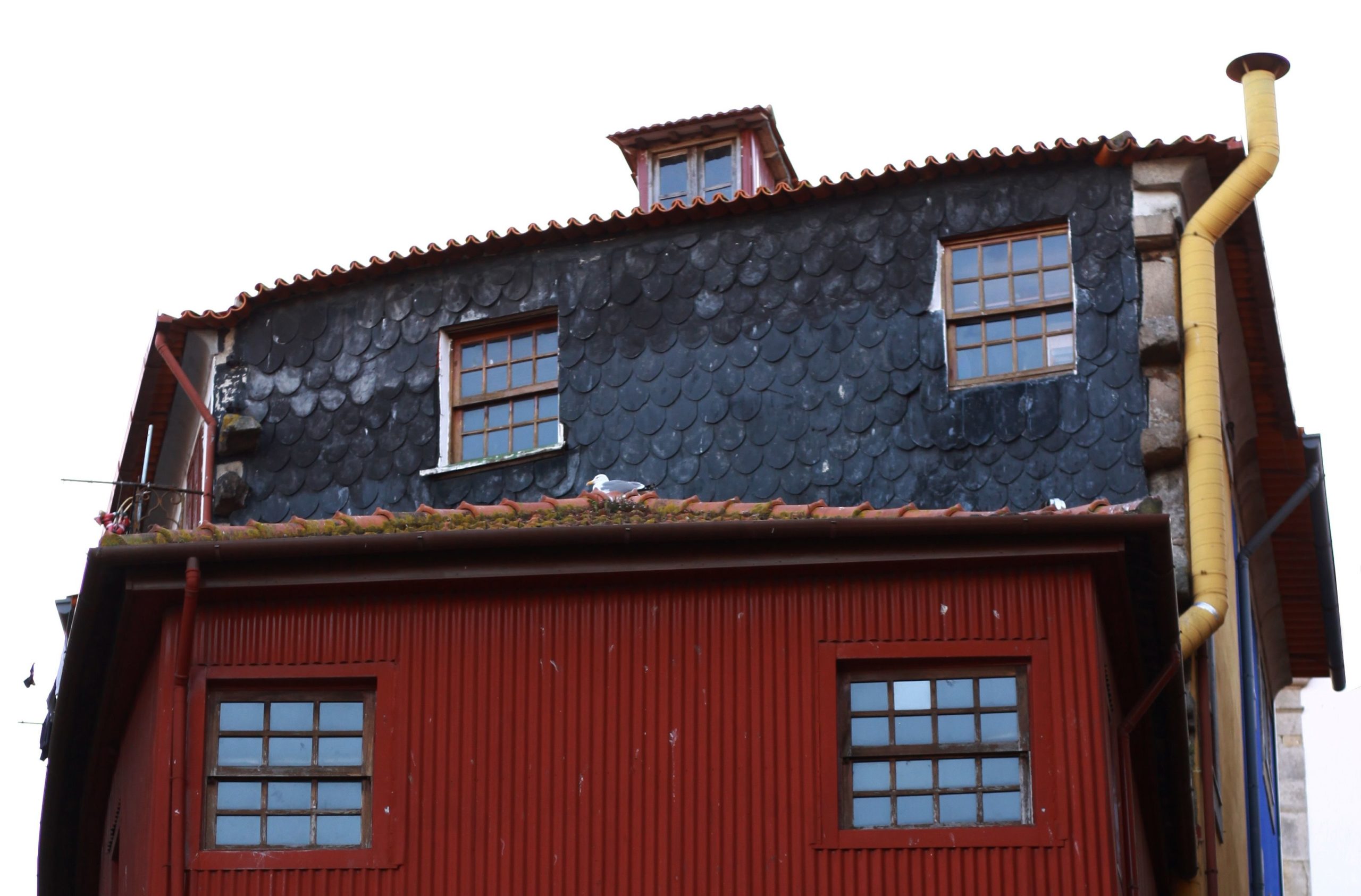Richness of ideas vs. fuel poverty: policy initiatives to make energy affordable for all
These great actions are giving us hope!
At the beginning of June, the city of Cadiz was awarded with the Transformative City award for its action plan against energy poverty. The plan was developed by a group of unemployed citizens, who previously had been trained as energy advisers and given an eight-month contract by the city council. With one stone, Cadiz killed not two but three birds : thanks to the plan, they tackled unemployment in their region while raising awareness on energy issues and helping the ones in need.
We congratulate Cadiz for this award and take it as an opportunity to have a closer look into this thorny subject. With more than 50.000 households in Europe struggling to pay their energy bills, fuel poverty has been high on cities’ agenda for a while. Lately, several good news from the European institutions give hope to local governments : first, the newly created EU Energy Poverty Observatory is promoting the issue and sharing information and good practices. Secondly, the EU energy governance regulation recently agreed upon, includes an obligation for member states to report on the matter. Nevertheless, a commonly agreed legal definition is still missing in EU legislation. This currently prevents the setting of mandatory targets. That is why, in May, Energy Cities had called together with other European organisations on governments to act in that sense.

Most of the measures adopted by national governments focus on limiting the risk for fuel poor of being cut off from the grid and improving energy efficiency. Some of them go a bit further and give low income households the possibility of accessing social tariffs. In Flanders (Belgium), for example, each household can benefit of an annual discount on its bills, based on its size ; in Italy, low-income households and large families are offered discounts on gas and electricity bills, thanks to a National plan implemented by the Energy Authority with the support of all municipalities. France has just launched a new system : as from January 2018 social tariffs have been replaced by “energy cheques” : People can use them not only to pay their utility bills but also to finance energy-saving works in their homes. Indeed, tackling the problem at its source seems to be a more efficient way forward.
Thanks to the current re-municipalisation trend around Europe, cities are expected to become more and more active in the fight against energy poverty. A more democratic energy governance should have positive effects, giving local authorities and citizens the possibility to do their part. Cadiz excels in tackling fuel poverty, but fortunately, they are not alone.
Berlin’s electricity grid is up for sale approximately every 15 years and everyone can bid to buy and manage the grid. When selecting the supplier in 2016, the citizens pushed for the fuel poverty aspect to be considered by the local government.
Plymouth City Council went even further : they identified community energy as a potential solution to energy poverty and played a major role in the creation of Plymouth Energy Community in 2013. Today the community includes 1200 individuals and organisations, working towards the transition to an affordable and low carbon energy system. They provide their users access to grants to cancel energy debt, free and assisted insulation and advice on the best tariff options.
Granting universal access to energy at a fair price is also the main concern of social companies like OurPower in Scotland, owned by social housing providers, community organisations and local authorities. OurPower is a non-profit energy provider : they produce and sell their own energy and everything is reinvested to benefit its customers and their community. An approach similar to the one promoted by the European federation of Renewable Energy Cooperatives (REScoops) : every member can access locally produced renewable energy at a fair price and is able to control their energy supply and distribution.
A lot is yet to be achieved in the fight against energy poverty but the great initiatives that are out there, together with the recent developments in EU energy policy are giving us hope ! Active cities and empowered citizens can make the difference : their richness of ideas can, in the long run, outcompete fuel poverty !


